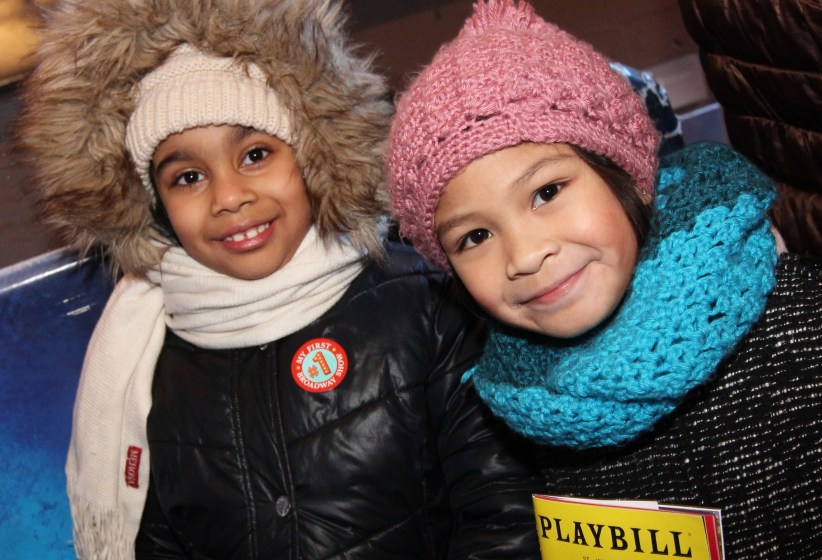 Sports are great way for children to learn time management, discipline, sportsmanship, and how to be a team player. However, choosing the right sports league can sometimes be stressful. What should you consider so you make an informed decision?
Sports are great way for children to learn time management, discipline, sportsmanship, and how to be a team player. However, choosing the right sports league can sometimes be stressful. What should you consider so you make an informed decision?
Here are seven things you should find out about before signing-up your child:
Philosophy of the League: What is the league’s vision? What is its mission? Does the league pride itself on being a feeder program? Does the league emphasize teaching, learning, and having fun over winning? Are there tryouts or can anyone join the team? Is the team organized by age range or skill level? What’s the coaching style? How competitive is the league? Do all the kids on the team get to play or will the superstars get all the minutes? The answers to these questions will help you get a sense of the league’s culture and how your child will fit in with the league and the other kids.
Costs: While playing sports can teach your child many useful life lessons, it may come at a (hefty) cost that will make your wallet feel a lot lighter. For example, does the league charge a registration fee? Nowadays, a good number of leagues have a registration fee. For leagues that charge a registration fee, check to see if there is a scholarship or if you can pay the fee in installments. (Don’t forget to ask what’s included in the fee!) Also, does the league require families to participate in fundraising events? If they do and you don’t participate, do you have to pay a buy-out fee (fee paid instead of fundraising)? Chances are those are not the only expenses. Find out about other expenses which may include uniform, equipment, and travel. Don’t forget about thermals and, of course, snacks and water for practices and games! And if your child wants to perfect his or her skills, does the league offer clinics, camps, and private coaching (which may be an additional cost)? Parents who participated in the league before may be a good source of information when it comes to hidden expenses that crop up after the season starts.
Safety Standards: What are the safety standards of the league? Will your child be playing with protective equipment and does it meet current regulation standards? Depending on the sport, equipment may include helmets, protective cups, shin guards, gloves, facemask with throat protector, chest protector, chest/heart guards, shoulder and knee pads, or a mouth guard. How does the league teach playing the sport safely? What are the emergency procedures in the unfortunate event a child is injured, including whether there will be a qualified physician, someone certified in first-aid, or an ambulance at games, especially for contact sports? Does the league perform background checks on board members, coaches, and volunteers?
[gravityform id=”16″ title=”false” description=”false” ajax=”true”]
Practice and Game Schedule: If your child is involved with a number of extracurricular activities throughout the week, is your child able to make the league’s practice and game schedule at the specified location, especially if the team travels? Don’t forget to check if you can make it too! If your child is not old enough to drive or walk alone to practices and games, you’ll (or another guardian) have to take him or her.
Parent Volunteer Responsibilities: Does the league require parents to volunteer? This may pose some challenges for parents who are already pressed for time. Some sports leagues are not-for-profit organizations which mean that they are run mainly by unpaid volunteers—usually the parents!—to minimize operating costs. Thus, some leagues require each family to volunteer for a certain amount of time per season for tasks ranging from coaching to clean-up. For parents who are unable to comply with the mandatory participation, your child may be benched at the next game unless you can find a kind person to sub for you.
Equipment Exchange Program: Before rushing to the nearest sporting goods store, check to see if there is an equipment exchange program. You can save yourself some money and the hassle of running around the mall. Programs range from passing down helmets, gloves, cleats, shin guards, and protective pads gratuitously to those where you trade in equipment you no longer need in exchange for equipment you do need–which can be especially helpful when buying for younger kids. If there is no exchange program, consider buying used equipment.
Potential to Build Relationships with Other Parents: Does the league encourage families to get to know each other? Do the parents at the informational meeting seem approachable? There are many benefits to getting to know the parents of the other kids on the team. For one, if you go to the practices or games by yourself, you won’t feel alone. You’ll have someone else to talk to about the amazing play your child just made plus you’ll feel like part of the community. If you are ever in a pinch, another parent can help with pick-up and drop-off, or together you can create a carpool schedule. Also, if you forget a piece of equipment at home or a parent has extra equipment, you may be able to borrow it. Your child will also benefit too! For example, if your child is really into the sport, you can arrange for your child to practice with one of the kids on the team who shares the same level of enthusiasm.























